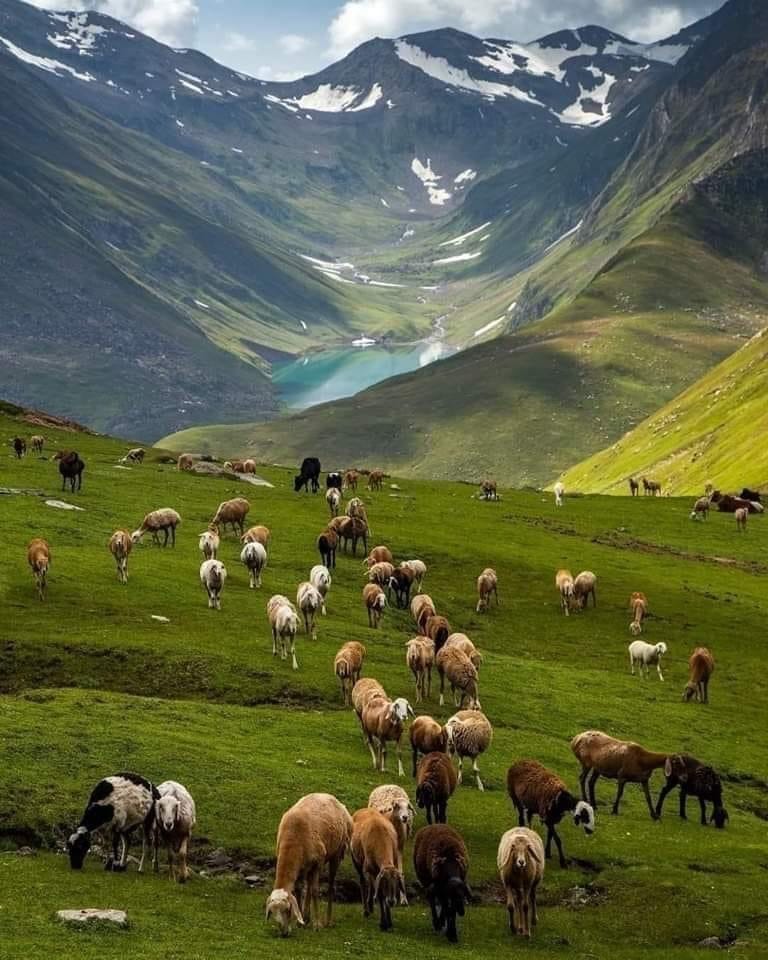Precision farming has led to a paradigm shift for growers that has helped lower input costs, improved soil texture and reduced run-off.
“Agricultural policy cannot be left to the urban, green elite with antagonism towards farmers.” By Doug Sheridan
Precision farming has led to a paradigm shift for growers that has helped lower input costs, improved soil texture and reduced run-off.
Agricultural policy cannot be left to the urban, green elite with antagonism towards farmers.
By Doug Sheridan
Nick Cater writes in the Australian, local Labor branches have been signing up for the adoption of the Climate, Clearing and Cows motion drawn up by the Labor Environment Action Network (LEAN) at the rate of three a day. More than 170 branches have joined the call for drastic cuts to agricultural GHG emissions that would be devastating to livestock farmers.
The CCC motion is the second most powerful movement in the Labor party after the unions, and the fastest-growing grassroots campaign in the party’s history. This now has Labor ministers pondering how to respond when its adoption is greeted with rousing applause at August’s national conference, as it surely will be.
Former prime minister Scott Morrison is said to have described the movement as an infiltration of radical activists within the Labor Party. It is anything but. For while its views might sound fringe to conservative ears, they represent mainstream opinion in Labor’s hollowed-out branches.
The Albanese govt’s ambitious 43% emissions cut target for 2030 is testimony to LEAN’s influence and success. The organization's policy ideas are the kind of maladroit, under-researched and slogan-driven ruminants which drive modern progressive movements.
The Netherlands offers a sobering example of what becomes of a productive and efficient agricultural sector when gov'ts surrender to the Great Food Reset. Its mandated 30% reduction in livestock numbers by 2030 and compulsory gov't acquisition of 3,000 farms is turning peak meat into a self-fulfilling prophecy.
Anthony Albanese already has one foot over the line as a signatory to November’s G20 Bali Leaders’ declaration, which pledged to accelerate the transition to agriculture and food systems that “better contribute to adaptation and mitigation to climate change, and halting and reversing biodiversity loss.”
All of this fails to recognize the quiet revolution in farming methods that's steadily improving soils and sequestering carbon from the atmosphere. In 2005, the red meat industry was responsible for 21% of emissions. Today it's less than 10%. Most of the progress has been achieved in grazing properties, feedlots and processing plants.
The innovation horizon also stretches towards the frontier of soil organic carbon storage using smarter grazing management, shrewd stock control and the preservation of ground cover. Precision farming has led to a paradigm shift for growers that has helped lower input costs, improved soil texture and reduced run-off.
To Sum It Up: Australia cannot afford a repeat of the mistake made when it developed climate and energy policy without inviting the engineers into the room. Agricultural policy cannot be left to the urban, green elite with antagonism towards farmers. If the CCC motion becomes gov't policy, grazers and croppers will find themselves in the corner with coalminers facing unreasonable regulation, restricted capital and heavier taxes.


